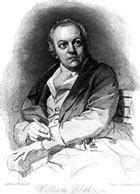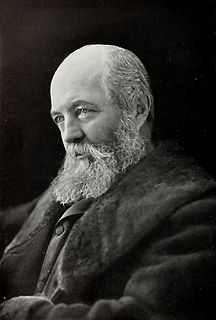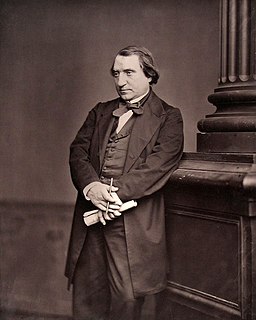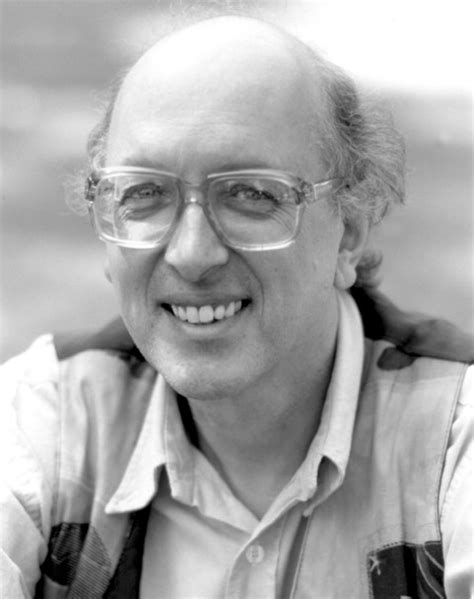A Quote by John Herschel
A mind which has once imbibed a taste for scientific inquiry, and has learnt the habit of applying its principles readily to the cases which occur, has within itself an inexhaustible source of pure and exciting contemplations.
Related Quotes
The longing to behold this pre-established harmony [of phenomena and theoretical principles] is the source of the inexhaustible patience and perseverance with which Planck has devoted himself ... The state of mind which enables a man to do work of this kind is akin to that of the religious worshiper or the lover; the daily effort comes from no deliberate intention or program, but straight from the heart.
That discipline which corrects the eagerness of worldly passions, which fortifies the heart with virtuous principles, which enlightens the mind with useful knowledge, and furnishes to it matter of enjoyment from within itself, is of more consequence to real felicity than all the provisions which we can make of the goods of fortune.
There is a Reality which is Indivisible, One, Alone, the Source and Being of all; not a thing, nor even a mind, but pure Spirit or clear Consciousness; and we are That and nothing but That, for That is our true Nature; and the only way to find It is to look steadily within, where are to be found utmost peace, unfading joy, and eternal life itself.
The form of government which you admire, when its principles are pure is admirable indeed. It is productive of every Thing which is great and excellent among men. But its principles are as easily destroyed as human nature is corrupted. Such a government is only to be supported by pure religion or Austere morals.
If we analyze the operations of scenes of beauty upon the mind, and consider the intimate relation of the mind upon the nervous system and the whole physical economy, the action and reaction which constantly occur between bodily and mental conditions, the reinvigoration which results from such scenes is readily comprehended. . . . The enjoyment of scenery employs the mind without fatigue and yet exercises it; tranquilizes it and yet enlivens it; and thus, through the influence of the mind over the body gives the effect of refreshing rest and reinvigoration to the whole system.
In Japan we have the phrase, "Shoshin," which means "beginner's mind." Our "original mind" includes everything within itself. It is always rich and sufficient within itself. This does not mean a closed mind, but actually an empty mind and a ready mind. If your mind is empty, it is always ready for anything. It is open to everything. In the beginner's mind there are many possibilities; in the expert's mind there are few.
Synchronicities, epiphanies, peak, and mystical experiences are all cases in which creativity breaks through the barriers of the self and allows awareness to flood through the whole domain of consciousness. It is the human mind operating, for a moment, in its true order and moving through orders of increasing subtlety, reaching past the source of mind and matter into creativity itself.



































